Happiness is the most revolutionary act you can embody. It's an act of defiance against the oldest superstition that fear keeps us safe. I read Naomi Shihab Nye's poem, So Much Happiness, tell stories of my daughters' goddess trials in Greece, confess that I am ambushed by happiness, and look back 8000 years to the matrifocal Vinca civilization using the svastika in its script.
So Much Happiness
It is difficult to know what to do with so much happiness.
With sadness there is something to rub against,
A wound to tend with lotion and cloth.
When the world falls in around you, you have pieces to pick up,
Something to hold in your hands, like ticket stubs or change.
But happiness floats.
It doesn’t need you to hold it down.
It doesn’t need anything.
Happiness lands on the roof of the next house, singing,
And disappears when it wants to.
You are happy either way.
Even the fact that you once lived in a peaceful tree house
And now live over a quarry of noise and dust
Cannot make you unhappy.
Everything has a life of its own,
It too could wake up filled with possibilities
Of coffee cake and ripe peaches,
And love even the floor which needs to be swept,
The soiled linens and scratched records….
Since there is no place large enough
To contain so much happiness,
You shrug, you raise your hands, and it flows out of you
Into everything you touch. You are not responsible.
You take no credit, as the night sky takes no credit
For the moon, but continues to hold it, and to share it,
And in that way, be known.
~ Naomi Shihab Nye ~flying in the godface
To be happy is the most revolutionary act possible.
It flies in the face of common sense. It dares the universe to prove it wrong. It evokes the oldest superstition, that fear keeps us safe. It invites the envy of the evil eye.
The miracle isn’t things going right. It’s things going wrong in the least bad way.
the momma mia tour sans momma
My daughters have gotten back from their sister trip to Greece, and it was hard. When I say that, people ask, ‘Oh did they fight?’ But no, they had so many logistic close-calls that they were grateful to have each other to get through. I tell the stories of those in this video.
Cassandra termed them ‘goddess trials’ and used the phrase so often the other two were rolling their eyes. But it also became their mantra that ‘If it didn’t wait to the last minute, you wouldn’t recognize the miracle.’ Everything always worked out, and always by the skin of their teeth.
In the video I also make a deep, dark confession.
vinca in our veins
I’ve been listening to Mark Windows of Windows on the World on Europe’s Oldest Advanced Civilization:
This video is “A look at the Vinca culture which spread out from Serbia into Europe and beyond. The Indus valley and the Tartarian Tablets are also featured along with the writing system which pre dates Sumerian and Egyptian.”
This script is from burial sites that are 8000 years old! The Vinca culture was advanced in agriculture and widespread in trade. It’s the oldest writing that’s ever been found. These are from burial sites that show comfortable and creative egalitarian societies that travel and learn from each other.
Many small statues have been found—all female. This was a goddess culture. Mark Windows calls it matriarchal, but that combines women as archons ruling over—a contradiction in terms. It was a matrix.
I’m also reading Krivda: The Godtrix against the Matrix by Enna Reittort. The Russian word Krivda means ‘crooked or twisted truth.’ Turning the word ‘matrix’ into meaning a soft, pleasant illusion sucking away our essence—something red-pilled men reject—is certainly another Hollywood godtrix.
And you’ll notice that the second character from 8000 years ago is the Suvastika. It’s the language of goddess, turned into the symbol of ultimate evil. Godtrix!
I was listening to my playlist on Self-Care in an Apocalypse while driving to my daughter’s house, and realizing how much of it is about happiness. It’s a fun and feminine playlist that often cites my daughters, and is very hopeful. Here are several of them:
As world events spin out of control, I suggest we slow down. The faster we run, the further the goal moves away. I tell a story about nick-of-time miracles and permaculture spirituality. I look at empire vs. sovereignty and means vs. ends. I compare time to a hamster wheel. As things spin into control, I suggest we bide our time while spirit does the heavy lifting.
The miracle isn't the big things, it's the small synchronicities that tell you nothing is an accident so you can stay calm and trust the big things to work out. Now when things are spinning out of control with hurricanes and wildfires and floods, watch the timing with little things in your own life.
Explains: why he who laughs first loses; why women find funny guys attractive but men like women who laugh; the difference between mean funny and meme funny; how ridicule and the clever put-down are coin of the internet realm; cultural appropriation and the virtue signaling vice squad joy police; and why being really funny often correlates with being a little bit broken.
The Crisis as Festival (only on YT)
In this early video, I mention my ‘beloved 35 subscribers’—some of whom are still with me! I examine the crisis as a time when all the rules are suspended, as Charles Eisenstein defines the festival. What emerges is our true nature--not greed but kindness and heroism. What this indicates is that we don't need to change people, but only to be 'soft enablers' of a system that gives us permission to be who we are.
Responding to Russell Brand's interview of Sarah, I look at the personal crisis as a time when social roles drop away, and the true person struggles out. In the 'banter decanter,' Russell tells Jen that "When work stops, reality starts" and that kids are what he wishes for her. I look at how that choice is discouraged by the overpopulation narrative, and suggest that we should question any time we agree with Bill Gates.
In a recent talk in Black Mountain, NC, Charles described how we're in the space when the story shifts, the glitch in the matrix of being and relationship. I compare his ideas to A Course in Miracles with the synchronicity that lets us step out of the story for a moment. And I give some thoughts on Clif High and how the Yugas fit with either.
In the week of my daughter's wedding, I re-read The Four Agreements as if my life depended on it. I look at A Course in Miracles having the same content in different language—and 1000+ more pages. I tell the story of conflict and crisis, and finally realizing I was the problem. I end with John O' Donahue's poem 'For Marriage'.
My daughter Cassandra has a new question, "what's the best that can happen?" I apply this to global events and the coup to take over our bodies, minds and world. I share some of the things that give me joy: Rob Brezsny's Love Bombs, Wendall Berry's The Power of Place, David Graeber and David Wengrow's The Dawn of Everything, and Caitlin Johnstone's Confused Species in an Awkward Transition Phase.
I begin this video with the story of my daughter's wedding, which I'm taking as an omen for the community we're going to build when the empire crumbles. Then I read my poem on the double bind of being a Cassandra during these troubled times, and my vision for how it's all going to turn around.




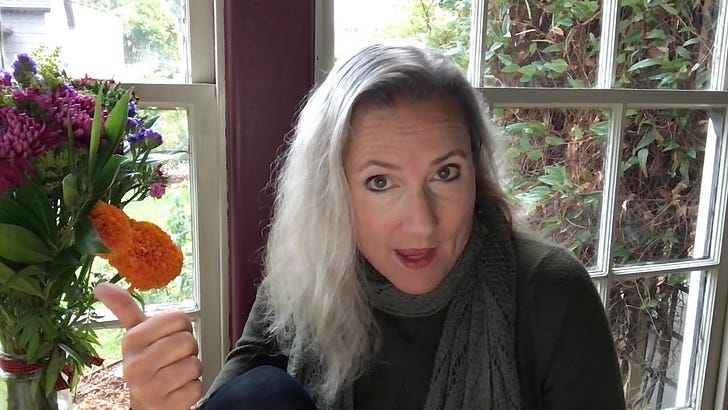
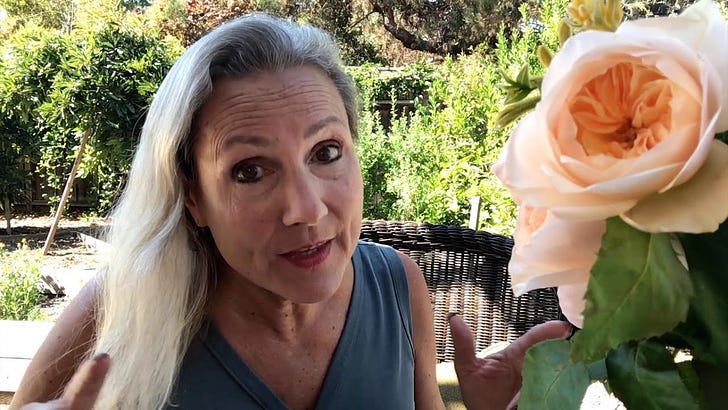
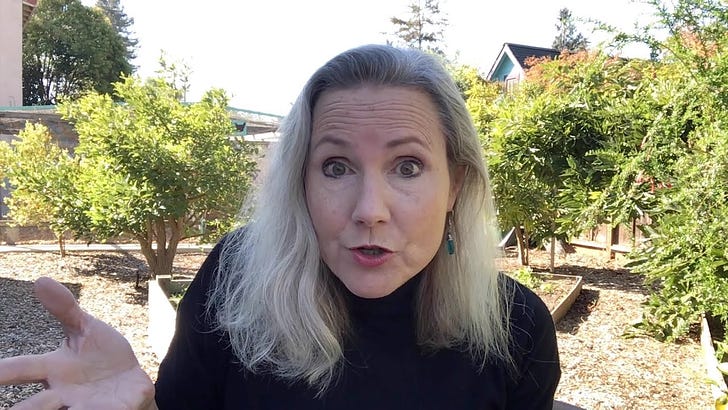
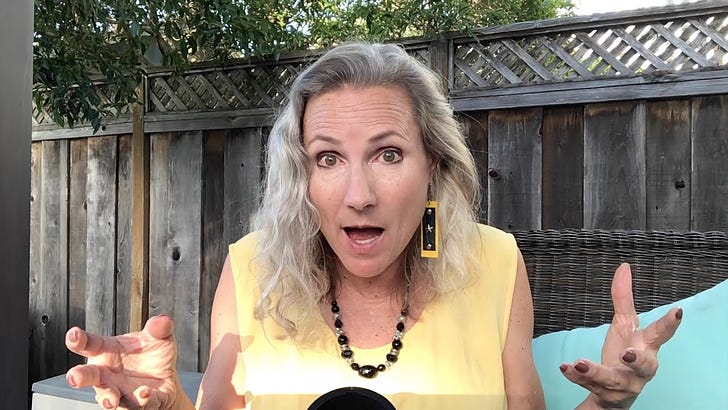
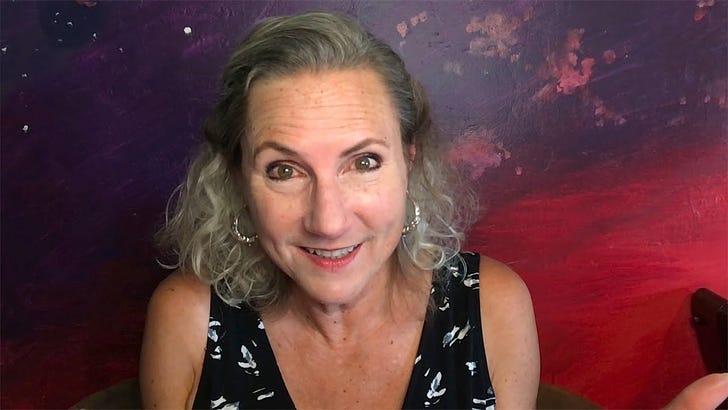
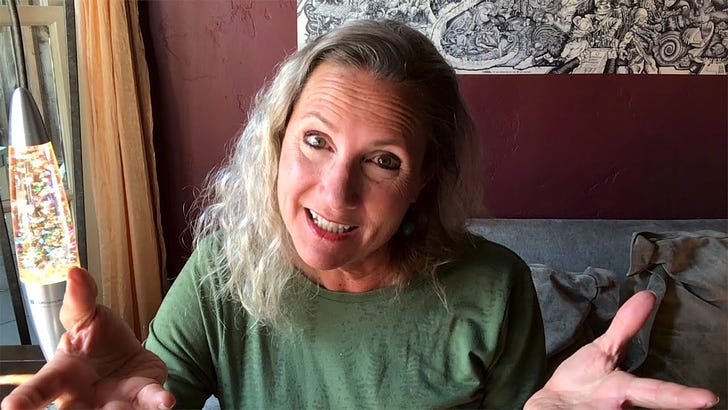
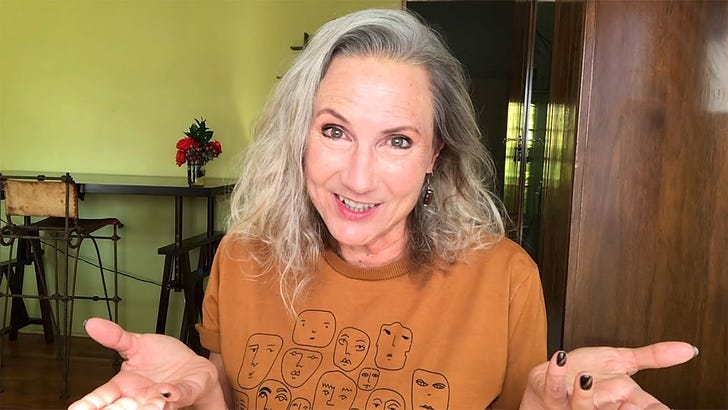
My friend Joan had many good qualities, but her emotional suffering and loneliness made it difficult for our friendship at times. I'd tell her about something that had made me happy (a hike to a mountain lake, for example), and she'd respond with regrets about not being able to do that herself, and how unhappy she was, and so forth. This was a problem even before her cancer diagnosis. So eventually I learned not to share things that made my happy, and focused more on doing things for her that could bring her happiness. It felt a bit stifling to keep my own life under wraps like that, but it was what I had to do as part of my program to alleviate her suffering.
P.S. Music brought me much happiness yesterday. First this:
https://www.youtube.com/watch?v=WvERZk4oE0Q
Then playing some Celtic / tango music with friends. One of these friends was the one who called me a "murderer" for not taking the Glorious Goo, but she seems to have forgotten all that, and wants to be my friend again. That was fine, and the music-making was really fun. But I still have a wariness about friendships like this.
I'm so glad you put out this stack, Tereza. It's funny how sharing our happiness can make us feel vulnerable. (Part of the trap laid here, we're guilty if we're happy, we're insensitive, we're clueless, etc.)
When I was a little kid I was so happy all the time. It didn't matter what I was doing - though I mostly wanted to be running or climbing a tree - I was just happy. At around 12-13, after realizing how messed up this world was - so many miserable people and the ongoing misunderstandings between people seemed totally fucked. (Pretty sure where I was before everyone was telepathic and misunderstandings didn't happen. I was indignant about that.)
So I went into a bit of a depression. I would go to bed and talk to God and insist there was a mistake and I was sent to the wrong place. I was convinced of it. All my appeals didn't change anything - I still woke up here!
Much later, when I went through a trauma and life went off the rails, I heard a familiar voice say "Dare to be happy." That seemed impossible.
But it persisted. The message was so clear - when everything is hard and you can't see how it resolves - dare to be happy. In that revolutionary act, we realize we are free. Free no matter the constraints. I can't say I've always remembered that, but it's never gone away either.
Happiness is a choice. We think - we've been programmed to think - it's tied to achievement, to external conditions being just right, to the right partner, or job, but ultimately it's just a choice.
A very powerful choice which becomes self-fulfilling.
Thanks, T! Love this message and I appreciate the reminder.